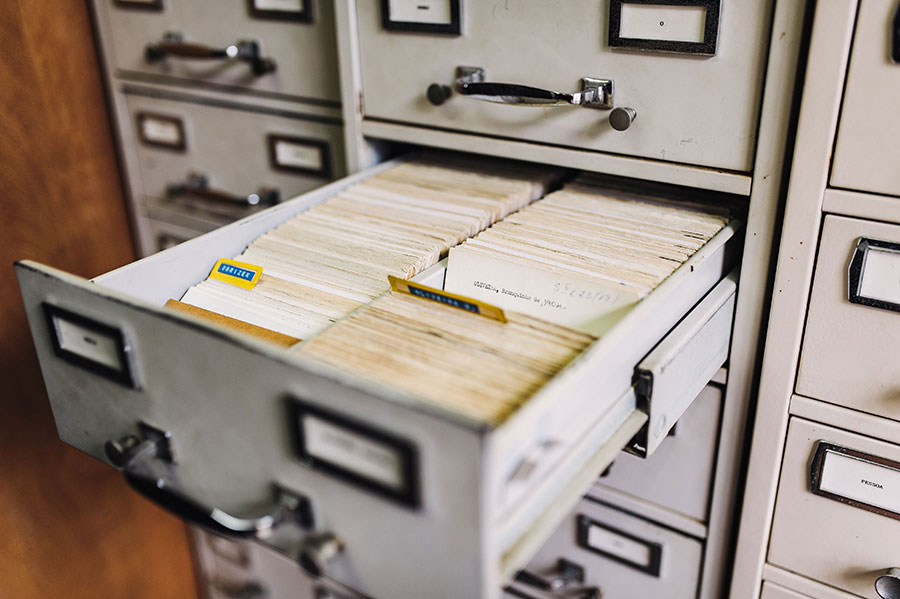As of 2024, Illinois law now prohibits IDFPR from requiring applicants to self-disclose criminal background information.
For those seeking an IDFPR license after January 1, 2024, a new law limits the required disclosure of an applicant’s criminal history.
Under the new law 20 ILCS 2105/2105-180, IDFPR “shall not require self-disclosure of criminal background information in instances where the Department has already stated that the criminal background information cannot be used against an applicant for licensure under the relevant licensing Act.”
Be sure to read a previous article, Applying for an IDFPR License with a Criminal History – Honesty is the Best Policy.
Previously, if an applicant disclosed a misdemeanor or felony, IDFPR would consider various mitigating circumstances or evidence of rehabilitation. The new law forbids IDFPR from requiring the disclosure of criminal convictions as long as a profession’s licensing statute doesn’t mandate it. IDFPR would likely only need to conduct a mitigating factor or rehabilitation inquiry in limited circumstances. Essentially, if IDFPR has determined a type of criminal conviction can’t be used against a person, they can’t force a person to disclose that information.
What information qualifies as “information that cannot be used against an applicant” will be revised and updated throughout IDFPR statutes and regulations. However, this bill will limit IDFPR’s authority to acquire unnecessary or irrelevant criminal background information. Applicants should still be careful to determine what information can or cannot be withheld.
This new law is designed to assist people who have lower-level criminal records to get licensed by the State. The Safer Foundation supported the law, which advocates for equitable workplace reentry initiatives and reduced recidivism.
In May 2023, HB 2826 passed the Illinois House and Senate with 72-36 and 36-19 votes. Governor Pritzker signed the bill on August 11, 2023, with the bill taking effect on January 1, 2024, as Public Act 103-0534.
2024 will bring additional staff and resources to assist International IDFPR Applicants
In 2024 IDFPR will add an additional staff member to assist international applicants. The new law, 20 ILCS 2105/2105-405, states that IDFPR “shall employ one full-time employee as the licensing liaison for international applicants.” This liaison assists “international applicants in answering questions and providing information regarding the foreign education requirements for licenses administered” by the IDFPR.
Some of the liaison’s additional duties include coordinating with IDPFR personnel in processing applications from international applicants and providing education and information resources to community organizations that assist international applicants. Sec. 2105-405(b).
The bill was passed to expand licensing opportunities and procedures for internationally trained and licensed health care professionals while streamlining the process. COVID-19 brought on more incidences of internationally trained professionals seeking to work in Illinois. It’s hoped that the permanent office will help these professionals.
In May 2023, HB 2948 passed the Illinois House and Senate with a 90-14 and 56-0 vote. Governor Pritzker signed the bill on August 11, 2023, with the bill taking effect on January 1, 2024, as Public Act 103-0537



